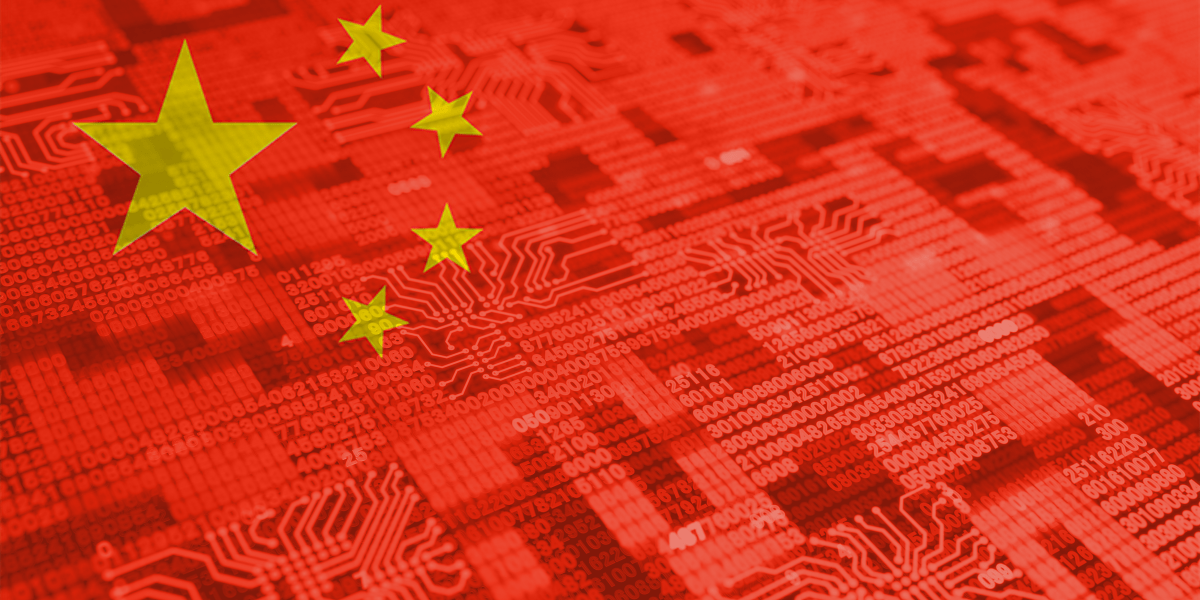In the fifth of a series of blogs from our global offices, we provide a overview of key trends in artificial intelligence in China.
What is China’s strategy for Artificial Intelligence?
In March 2021, the Chinese government released the Outline of the 14th Five-Year Plan of the National Economic and Social Development of the People’s Republic of China and Vision 2035. This includes more than 50 references to “[artificial] intelligence”, reflecting China aims to develop of a new generation of information technology powered by artificial intelligence.
Specifically, China intends to drive industry through science and technology projects to develop cutting-edge fundamental theories and algorithms, create specialized chips and build open-source algorithm platforms such as deep learning frameworks. China hopes to support intelligent applications by collating key datasets and training scenarios. In response to concerns about ethical and legal risks, biased algorithms, and other issues associated with AI, China has proposed to build a policy and regulatory system fit for the digital economy, including expanding and revising laws, regulations and the regulatory framework and considering ethical rules, such as for autonomous vehicles.
What laws and regulations is China developing for Artificial Intelligence?
Risks to privacy from digitalisation and artificial intelligence is particularly significant and has become one of the most challenging topics at present in China. The Personal Information Protection Law (Second Review Draft) was released in June 2021, which mainly provides for the protection of personal information in terms of the rules of personal information processing, rules of cross-border provision of personal information, rights of individuals in personal information processing activities, obligations of personal information processors, and departments that perform personal information protection duties. For example: consent to handle personal information shall be given voluntarily and explicitly by individuals with full knowledge; individuals have the right to withdraw their consent to personal information processing activities previously done based on their consent; the use of personal information for automated decision-making shall ensure the transparency of decisions and fair and reasonable results; and the installation of image capturing devices or personal identification devices in public places shall be necessary to maintain public safety, and a prominent reminder of signs shall be set up.
Which are the leading Chinese companies and research institutions for Artificial Intelligence?
The largest Chinese companies with artificial intelligence platforms are Baidu, Tencent, and Alibaba. Prominent companies focusing on specific AI technologies include Iflytek, Sense Time, Megvii Technology and CloudWalk Technology.
Academic institutions, such as Tsinghua University, Zhejiang University and the Chinese Academy of Sciences have been investing a lot of resources in basic research directions such as deep learning and natural language processing.
According to the China Internet Development Report (2021), the size of China’s artificial intelligence industry was 303.1 billion RMB (about 36.4 billion GBP) in 2020. According to the Artificial Intelligence Development Report 2011-2020, jointly released by the Institute of Artificial Intelligence of Tsinghua University and the Joint Research Center for Knowledge Intelligence of the Chinese Academy of Engineering, the top ten AI research hotspots from 2011 to 2020 were deep neural networks, feature extraction, image classification, target detection, semantic segmentation, representation learning, generative adversarial networks, semantic networks, collaborative filtering and machine translation.
Where to get advice on Artificial Intelligence law and regulation
Gowling WLG has a global team of lawyers advising on all aspects of AI law and regulation. See our service page on Artificial Intelligence (AI) Law for more details.
About the author(s)
Jason Yang is a qualified Chinese patent attorney with more than ten years' experience in intellectual property (IP).

